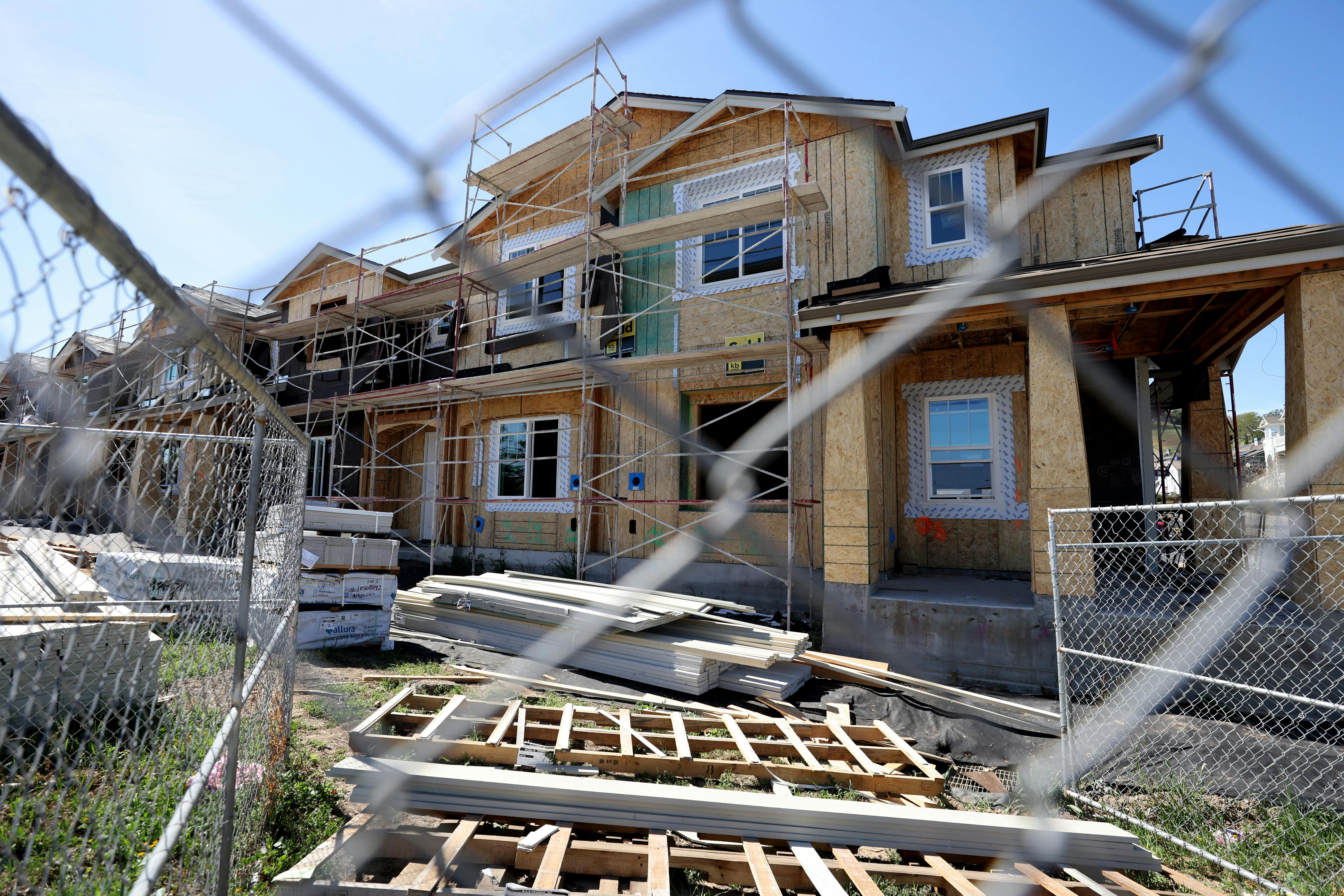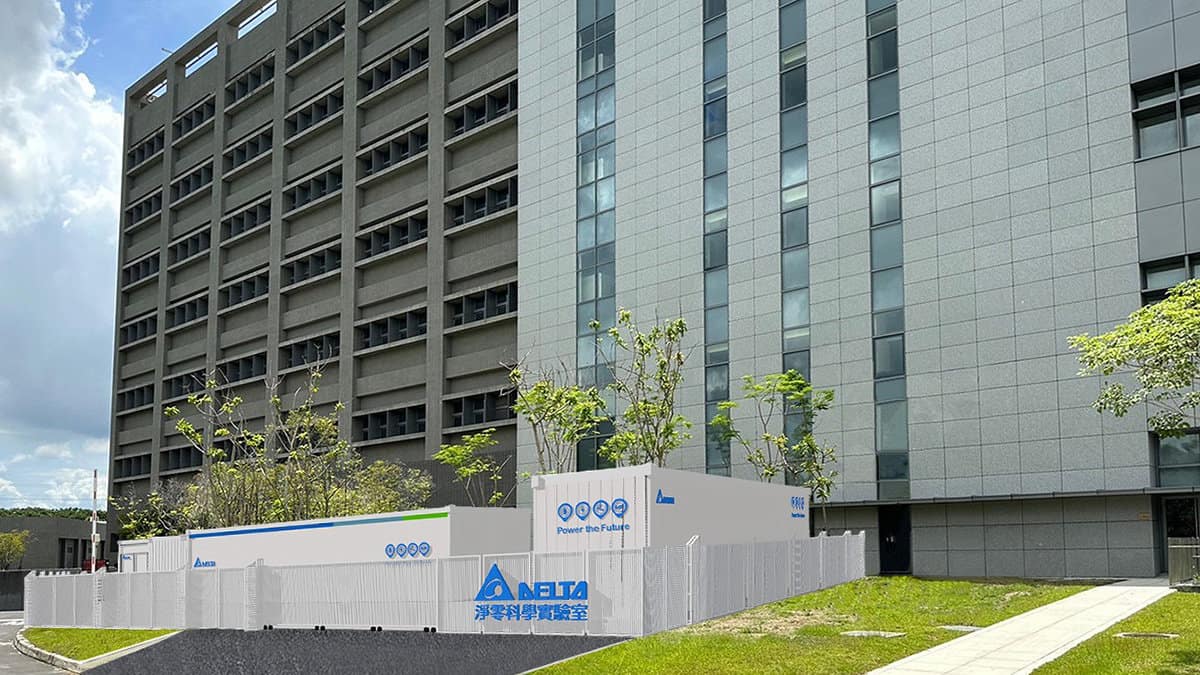A recent report from the American Council for an Energy Efficient Economy underscores the critical need for enhanced support in the affordable housing sector to meet rigorous building performance standards. As local and state governments intensify efforts to curb energy consumption and greenhouse gas emissions, affordable housing owners find themselves grappling with significant challenges. While these policies aim to reduce carbon footprints and utility costs while enhancing air quality, they also pose potential risks such as rent hikes to recoup investment in housing improvements.

The report highlights various strategies employed by governments to bolster the affordable housing market, including stakeholder engagement, extended compliance deadlines, and limitations on retrofit costs passed on to tenants. However, challenges persist, as many housing providers remain unaware of existing policies, raising concerns over fines for noncompliance. To mitigate these risks, suggestions include alternative fine structures and increased financial and technical support for affordable housing initiatives.
Implications of Building Performance Standards Implementation
According to the report published on January 17 by the nonprofit research organization American Council for an Energy-Efficient Economy, affordable housing owners require more financial and professional support than they already receive to meet building performance standards.
Local and state governments are exceedingly implementing these policies, which mandate that buildings cut their energy use, greenhouse gas emissions, or both, in order to lessen their carbon footprint, lower energy costs, and lower peak electricity demand.
Yet, it has been difficult to apply for policies to affordable housing. According to the report, building performance standards may help residents who live in cheap housing by lowering utility costs and improving air quality, but they may also drive up rents as building owners look to recoup their investment in housing improvements.
According to the report, a number of governments are working to support the cheap housing market by encouraging stakeholder engagement, setting longer compliance deadlines, and imposing restrictions on the amount of retrofit costs that can be passed on to tenants.
Challenges Faced by Affordable Housing Providers
The authors spoke with affordable housing providers, community-based organizations, and nonprofit organizations in cities with such policies to better understand the challenges that still exist. The volunteer Energy Outreach Colorado noted that a amazing number of owners of affordable housing properties are unaware of Denver’s policy when discussing it.
Concern over significant fines for noncompliance was even mentioned by the volunteer. According to the report, these fines” could be seriously detrimental to subsidised affordable housing properties and force them to raise rents, especially if it was levied despite investments made by property owners to attempt to comply with the policy.”
According to the report, cities and states could either create an alternative fine structure that takes into account investments made in an effort to meet the standards or consider fine structures that do n’t have a significant financial impact on affordable housing buildings.
Technical difficulties in adhering to standards were mentioned by Boston’s volunteer Planning Office for Urban Affairs, which has a collection of cheap housing properties. In order to install heat pumps, for instance, one of its older properties would necessitate a total replacement of the hot-water system.
Recommendations for Policy Improvement
According to the report, jurisdictions that have or are thinking about raising building performance standards should provide more financial and technical support for inexpensive housing. This could entail, for instance, setting up a one-stop shop for contractors and funding sources. Additionally, the report advises jurisdictions to engage with damaged groups before drafting legislation, spread awareness of policies, and possibly compensate participants for their time.
In order to shed more light on the actual effects of [building performance standards ] on affordable housing, the report adds that extra research on this subject” will be especially important after various BPS policies have hit their first compliance deadlines.”











